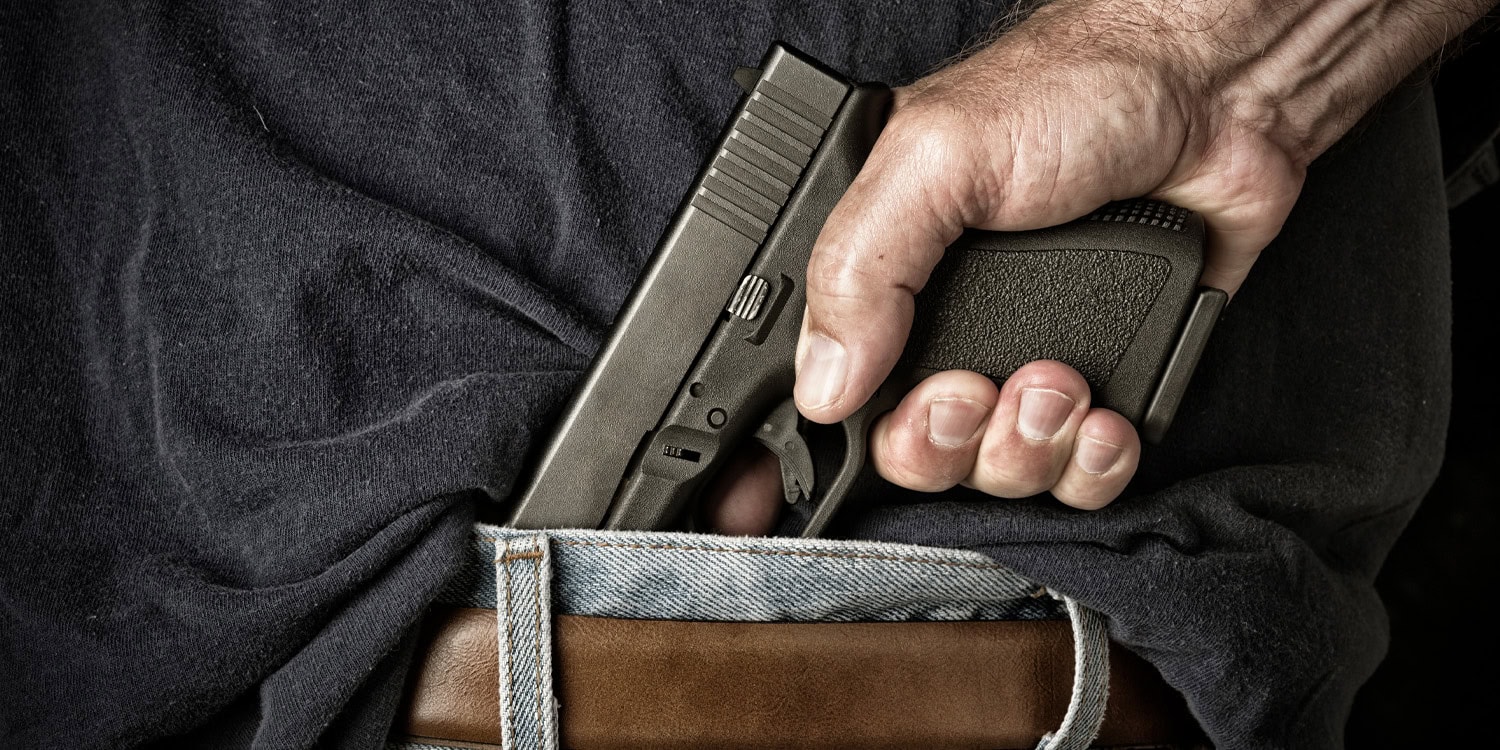Number Six
Нет, спасибо

First-of-its-kind study shows gun-free zones reduce likelihood of mass shootings
A new study reveals that gun-free zones are less likely to experience mass shootings, challenging claims that these areas attract shooters. The findings suggest gun-free zones may help prevent violence.
www.psypost.org
A new study challenges the belief that gun-free zones attract active shooters. In the first quantitative study of its kind, published in The Lancet Regional Health – Americas, researchers found that gun-free zones may actually reduce the likelihood of mass shootings. According to their findings, gun-free zones do not make establishments more vulnerable to shootings. Instead, they appear to have a preventative effect.
In recent years, mass shootings have been a distressing and recurring issue in the United States. This has sparked heated debates around gun laws and safety, with gun-free zones frequently caught in the crossfire. Gun-free zones are areas where individuals are prohibited from carrying firearms, such as schools, malls, and certain businesses. Critics argue that these zones create “soft targets” for shooters because they prevent people from defending themselves with firearms.
Despite the prominence of this argument, no quantitative studies had previously examined whether gun-free zones truly increase the risk of mass shootings. In fact, a comprehensive literature review found no empirical evidence either supporting or refuting these claims. This gap in research motivated the UC Davis team to conduct their study.
“Whenever there was popular press around a different topic related to gun violence prevention, one of the more prominent responses by gun-rights activists, often right in the comments, was to look into gun-free zones. They believe that gun-free zones were proof that places without guns were less safe. I decided to look into that to see if it was true,” said study author Paul M. Reeping, a postdoctoral fellow at the Violence Prevention Research Program at the University of California, Davis.
The research team conducted a case-control study, focusing on active shootings that occurred in the United States between 2014 and 2020. Active shootings, as defined in this study, refer to incidents where one or more individuals intentionally shoot at bystanders in public spaces. The study excluded shootings in schools because all schools are federally mandated gun-free zones, which would skew the comparison.
